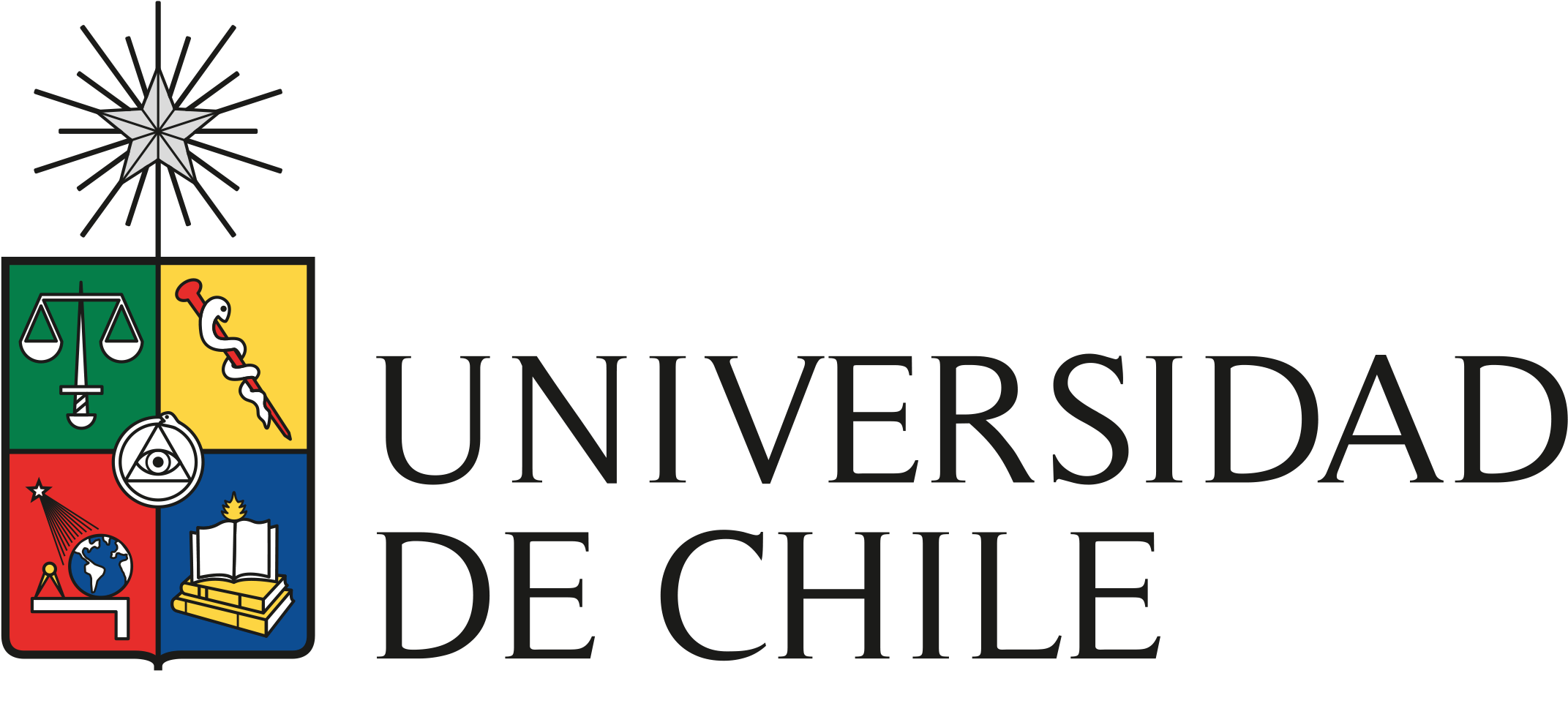Abstract
To answer the question whether buyers or sellers should organize trade in a market with search frictions, this paper characterizes the socially efficient allocation in which market organizers incur the cost to set up trading sites and direct search. In addition to the cost of trading sites, there are costs for participating in the market. We examine how the efficient organization depends on these costs, the (a)symmetry of the matching function, and endogenous entry of individuals on one side of the market. The analysis also reveals how the efficient market organization changes with innovations that delay the cost from the pre-match to the post-match stage. A further analysis with heterogeneous individuals shows that two markets organized by different sides can co-exist. Finally, we implement the efficient allocation by a market mechanism with directed search. The results shed light on why the market organization differs across markets and over time.



